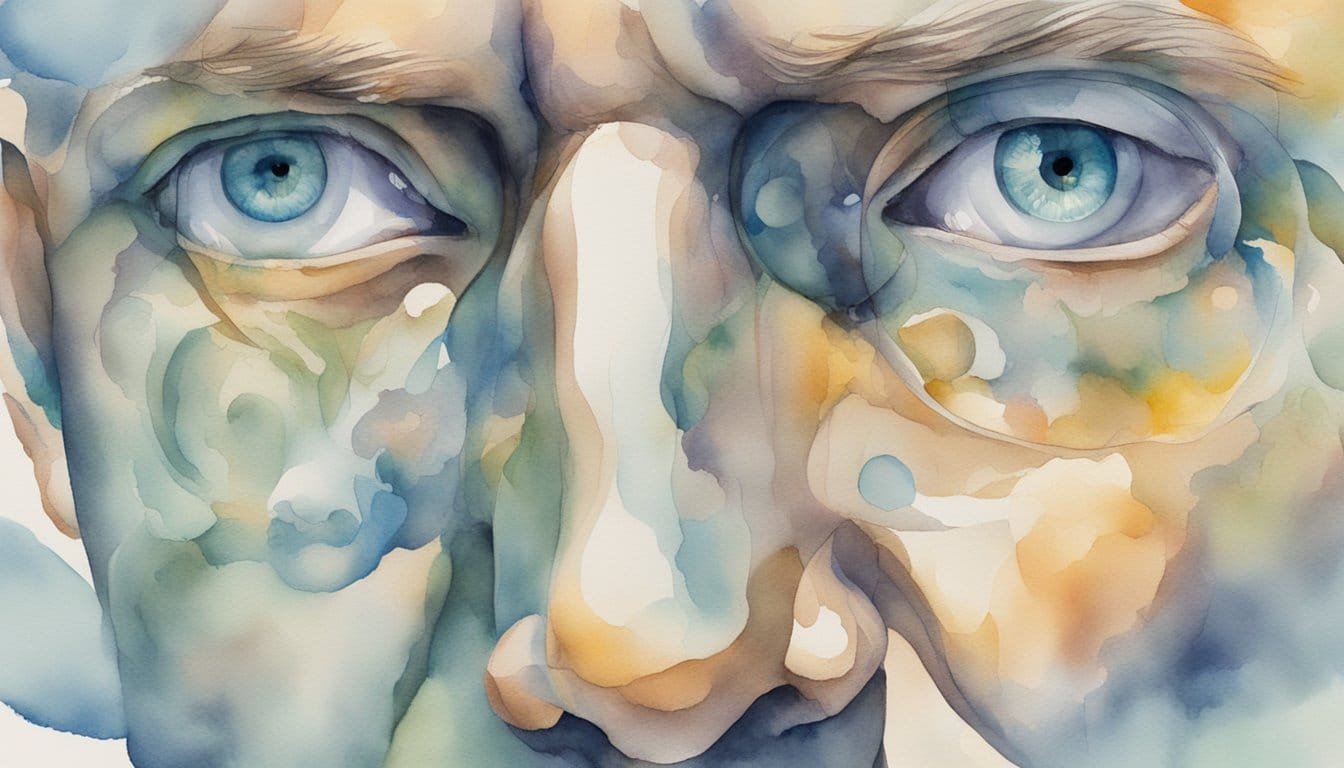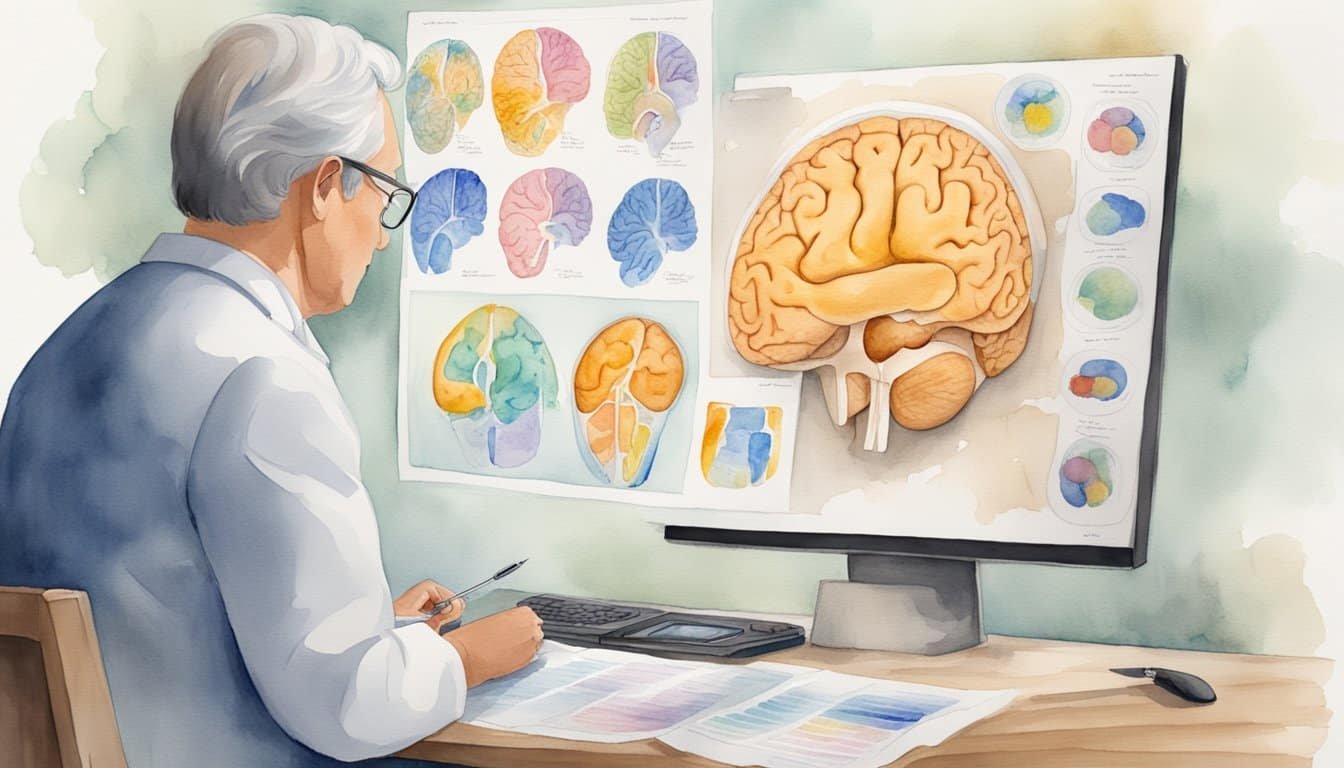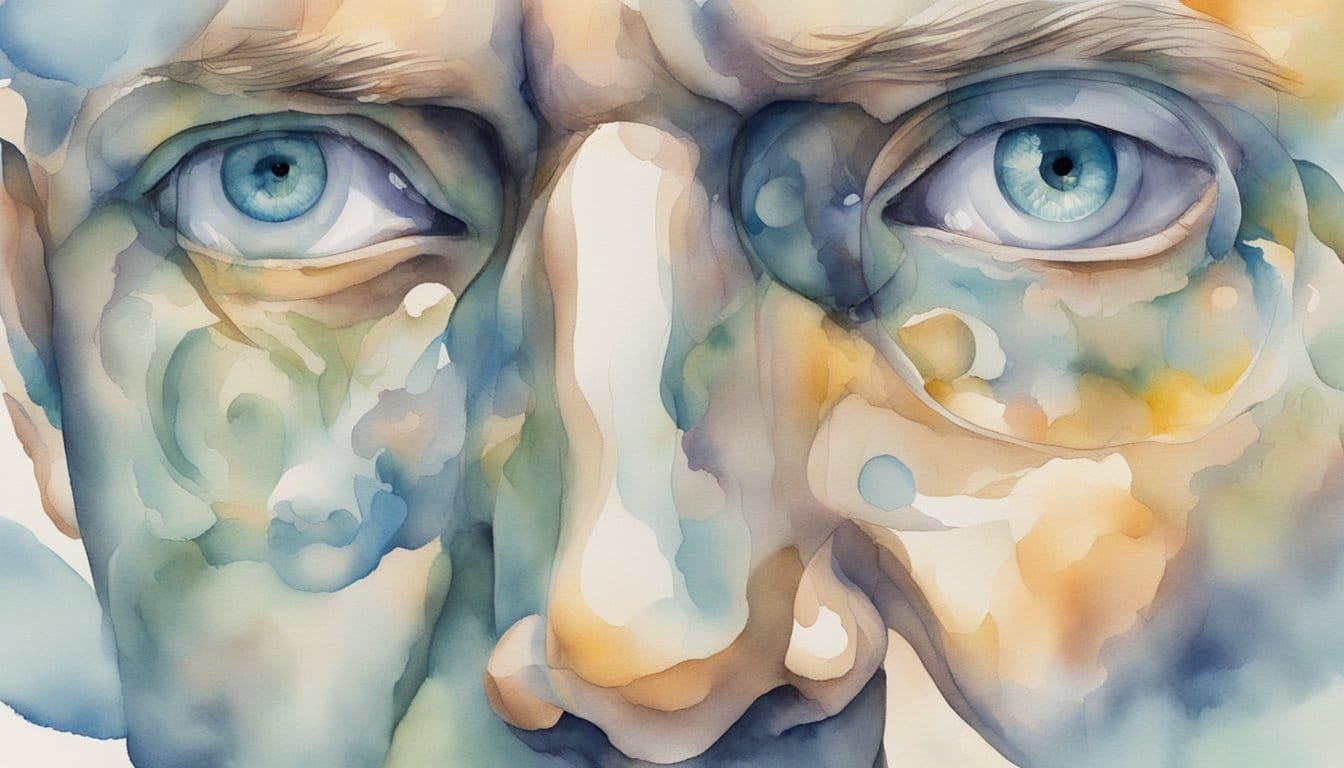Understanding Long Covid
Long Covid, also known as the post-acute sequelae of SARS-CoV-2 infection (PASC), defines a set of conditions that continue to affect individuals weeks or even months after recovering from the initial bout of COVID-19. It has a broad spectrum of lingering symptoms that challenge patients long after the acute phase of the infection has passed.
Characterizing Long Covid can be a bit like trying to hit a moving target since symptoms can range from fatigue and brain fog to more serious neurological sequelae, emphasizing the disease’s complexity. Here’s a quick rundown:
-
Symptoms: Can include, but are not limited to, persistent cough, breathing difficulties, joint pain, chest pain, and the aforementioned cognitive issues like memory problems.
-
Neurological Impact: Patients may experience chronic headache, sleep disturbances, dizziness, and a loss of taste and smell sensitivity. There’s ongoing research to unpack the mechanics of these effects.
-
Long-Term Effects: Some suffer from long-term impacts on their cardiovascular system, such as palpitations or increased risk of stroke, indicating the virus’s far-reaching effects beyond the respiratory system.
-
Infections: Repeated or prolonged infections can accentuate these complications, increasing the health burden on individuals.
Understanding the full scope of Long Covid requires comprehensive studies, as it presents significant challenges to public health systems. The variability and persistence of symptoms highlight the need for a multidimensional approach to manage and treat the condition effectively. Effective patient support and research funding are crucial in alleviating the substantial burden Long Covid places on individuals and communities.
Neurological Manifestations and Complications

Long COVID patients often face a range of neurological challenges, from brain fog and headaches to more severe conditions like seizures and cognitive dysfunction. Exploring these issues is crucial for understanding the full impact of the condition on individuals’ lives.
Neuroinflammation and Cognitive Impairment
Neuroinflammation is a significant factor in Long COVID, contributing to cognitive impairment and memory problems. People describe this as brain fog, which is a disconcerting inability to think clearly or concentrate, often accompanied by headaches. Observational studies indicate ongoing inflammation might disrupt the nervous system, leading to various cognitive issues.
Autonomic and Neuropsychiatric Disorders
Long COVID can have a ripple effect on the autonomic nervous system, which controls involuntary bodily functions. Disorders like dysautonomia, manifesting as postexertional malaise or sleep disturbances, significantly impact daily living. Neuropsychiatric symptoms also emerge under the umbrella of Long COVID, ranging from anxiety and depression to unusual neurological symptoms such as tremors or tinnitus.
Diagnosis and Assessment
Diagnosing the neurological complications associated with Long COVID presents challenges. A comprehensive approach typically involves deep phenotyping — detailed clinical, cognitive, and imaging assessments. Symptoms like loss of smell, headaches, or tremors are key patient-reported indicators used during the diagnostic process. Health care providers also watch for red flag signs like seizures or stroke, which necessitate immediate medical attention.
Treatment, Management, and Rehabilitation

Navigating the complex terrain of long COVID’s neurological impacts requires a comprehensive approach. Treatment, management, and rehabilitation strategies have become critical for those enduring persisting symptoms post-infection. From medicines to mind-body strategies, understanding the full spectrum of options is key for those on the road to recovery.
Medical and Supportive Therapies
For individuals grappling with the neurological sequelae of SARS-CoV-2, a variety of medical treatments are available. Among these, immunotherapy is gaining attention for its potential to modulate the body’s immune response, which is often disrupted by post-acute sequelae of SARS-CoV-2 infection. Healthcare systems are also exploring other medications aimed at alleviating symptoms such as cognitive impairment and headaches. Rehabilitation programs designed to address specific neurological issues are being implemented, guided by insights from clinical studies.
- Immunotherapy: Potential for reducing inflammation caused by an autoimmune response to SARS-CoV-2.
- Medications: Antivirals, antidepressants, and cognitive enhancers to relieve symptoms.
- Rehabilitation: Tailored exercises and therapies to regain neurological function.
Research into these therapies is ongoing at institutions like the National Institutes of Health (NIH), where addressing the long haul of COVID-19 is a top priority.
Lifestyle Adjustments and Self-Care
Living with long COVID can mean adjusting daily habits for better health outcomes. She might incorporate gentle physical activities like yoga or tai chi to maintain mobility and reduce stress. Sleep hygiene is paramount, as restorative sleep plays a significant role in neurological health. Nutritional balance also supports brain function and overall well-being, and some patients may benefit from dietary modifications under supervision.
- Mind-body practices: Yoga or meditation for stress reduction and cognitive function improvement.
- Sleep: Establishing a consistent sleep routine to foster neurological repair.
- Nutrition: Emphasis on a balanced diet rich in vitamins, minerals, and antioxidants for brain health.
In this vein, Admiral Rachel Levine from the U.S. Department of Health & Human Services underscores the importance of holistic health approaches to address long COVID challenges.
Research and Future Directions
The scientific community continues to explore the frontiers of understanding long COVID’s neurological dimension. A nationwide research motion plan, spearheaded by the NIH and inclusive of initiatives like the National Research Action Plan, focuses on deciphering the role of the ACE2 receptor in neurological symptoms and the link between SARS-CoV-2 and autoimmunity.
- ACE2 receptor: Investigating its role in neurological symptoms of long COVID.
- Autoimmunity: Researching the connections between long COVID and autoimmunity.
Experts at institutes such as the National Institute of Neurological Disorders and Stroke (NINDS) emphasize the urgency of these efforts in order to pave the way for breakthrough treatments. The ultimate goal is to reduce hospitalizations, improve quality of life for those affected, and develop rehabilitation strategies that can be adapted across healthcare systems.

